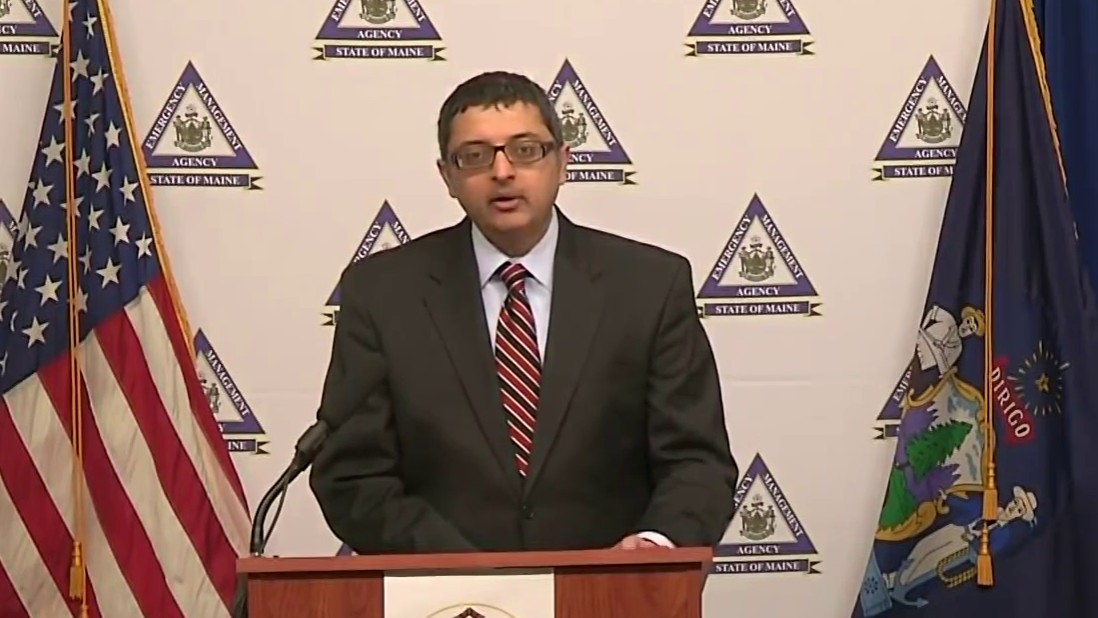The race is on to prevent the novel coronavirus from spreading further within the Portland, Maine, homeless community.
Officials from the city, the Maine Center for Disease Control and Prevention and Maine Department of Health and Human Services are trying to separate and house roughly 600 healthy, symptomatic and exposed people in its homeless population after a Massachusetts woman and a San Francisco man who had been at the Oxford Street shelter tested positive for COVID-19, the disease caused by the new coronavirus.
In a virtual emergency meeting on Wednesday evening, Portland City Manager Jon Jennings told the city council that he had temporarily closed the Oxford Street shelter as a precaution.
The city council then discussed how a plan developed with state public health officials would be enacted to keep more people from getting sick.
Healthy individuals are now being moved into a more spacious temporary shelter at the University of Southern Maine's Sullivan Recreation and Fitness Complex and some will eventually return to Oxford Street.
More on the Coronvirus
Asymptomatic individuals believed to be exposed to COVID-19 were asked to go to a shelter set up at the Portland Expo Center.
Of the 60 or more individuals believed to be exposed, Jennings said only 36 or so had been located as of Wednesday night.
Meanwhile, the city's family homeless shelter has been repurposed as housing for individuals experiencing homelessness who have tested positive for COVID-19 or who are showing symptoms.
They have been insolated in that building while the families previously there were moved to hotel rooms.
"There are a lot of actors," said Maine CDC Director Dr. Nirav Shah during Thursday remarks to the media. "There are some folks in the shelter who we want to be able to stay there, there are others who may have been a close contact of one of the two cases that we've got and we want those folks to be safe and monitored."
Even with these efforts, some Portland lawmakers don't think enough is being done to prevent people experiencing homelessness from moving around and transmitting the virus.
In an interview with NBC affiliate NEWS CENTER Maine, Portland City Councilor Kimberly Cook said the state needs to do more to help Portland enforce its quarantine.
Right now, it's not believed the city can forcibly prevent anyone from moving freely.
But Cook said that after the woman who tested positive for COVID-19 made a trip on an Amtrak Downeaster train south to Massachusetts, there should be tougher restrictions so the virus is contained.
"You can imagine the spread that just occurred from that situation," Cook said. "It's heartbreaking, I never thought we'd get to the point of seeking the state's assistance in enforcing quarantine of people."
A phone call to the Northern New England Passenger Rail Authority for more information on the woman's travel was not immediately returned.



